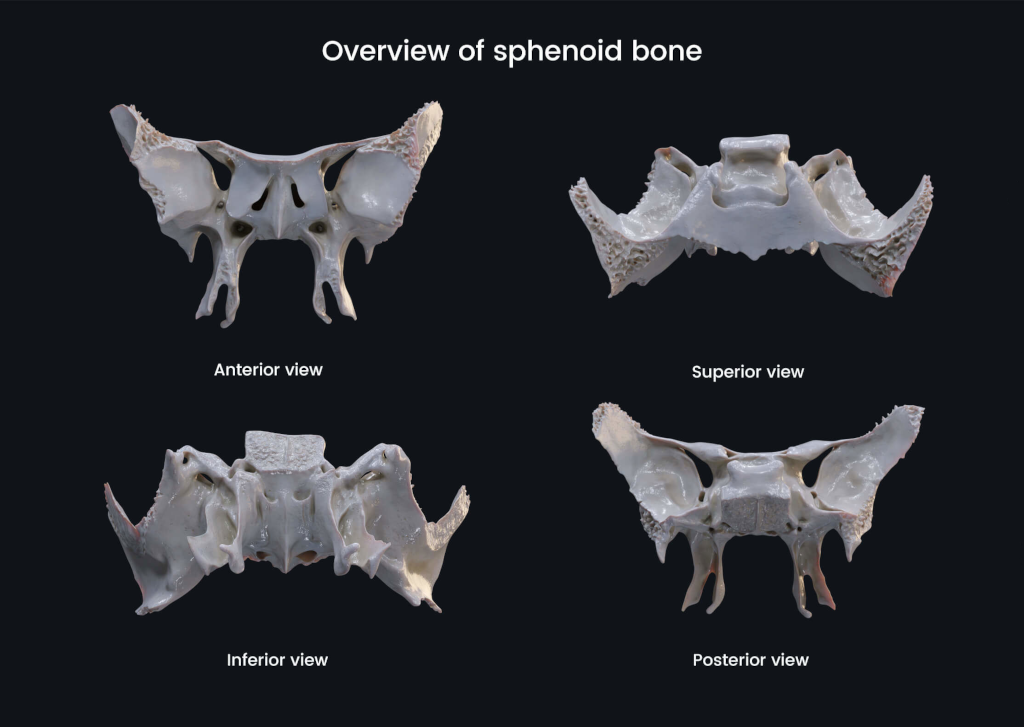
Is the sphenoid bone the quiet conductor of human evolution?
When we think about evolution, we usually imagine something like survival of the fittest, organisms scrabbling to adapt to harsh environments, with only the strongest traits passing on to the next generation. But what if much of the story wasn’t written in the open battlefields of nature, but quietly, deep inside the womb? That’s exactly the idea behind the work of paleoanthropologist Anne Dambricourt-Malassé. Her research suggests that one of the most important drivers of human evolution isn’t some dramatic change in diet, climate, or hunting technique, but the early developmental behaviour of a small, oddly shaped bone at the base of the skull: the sphenoid. ...